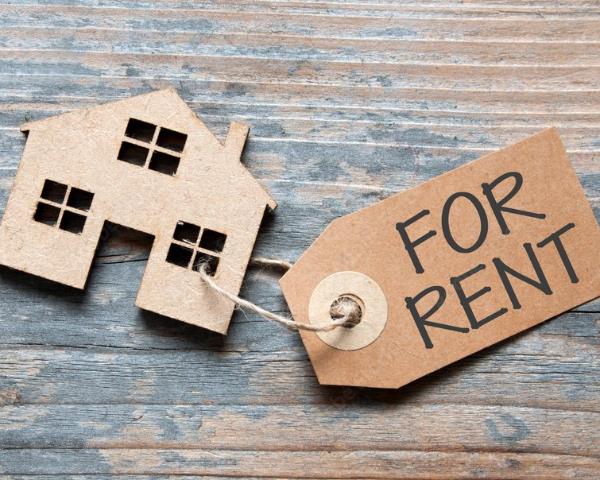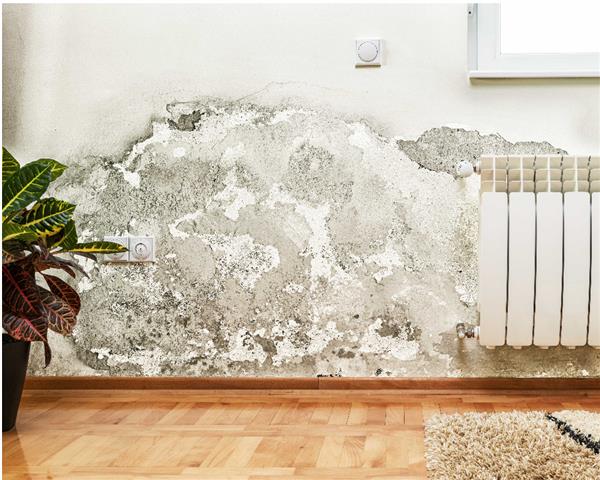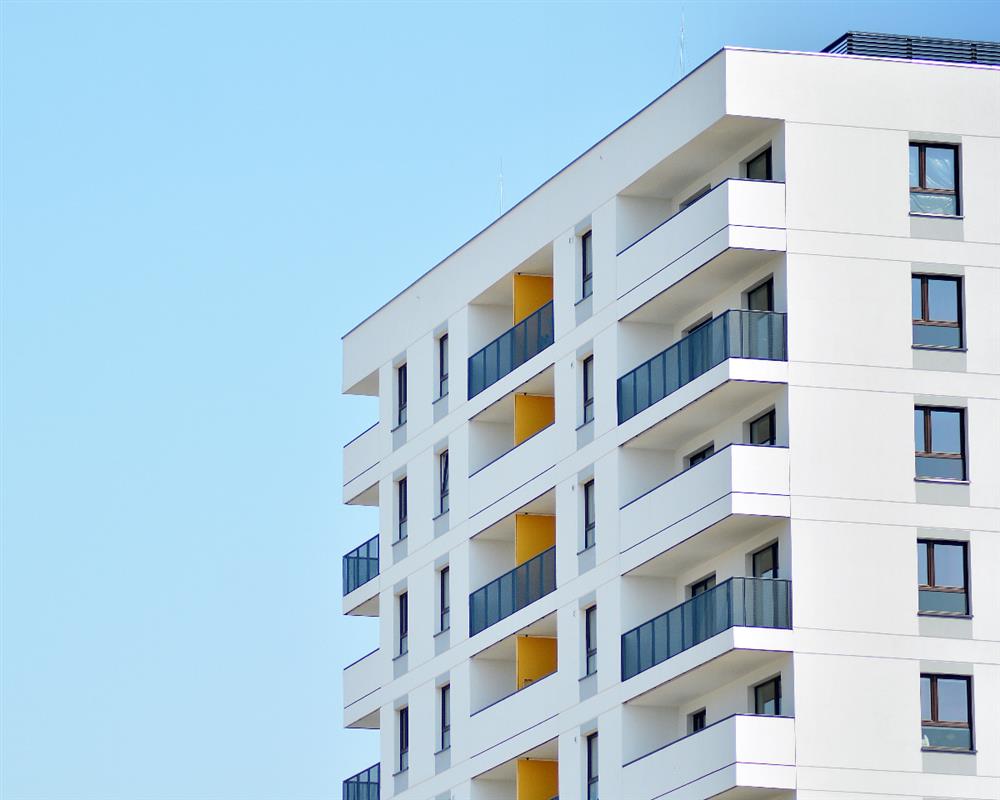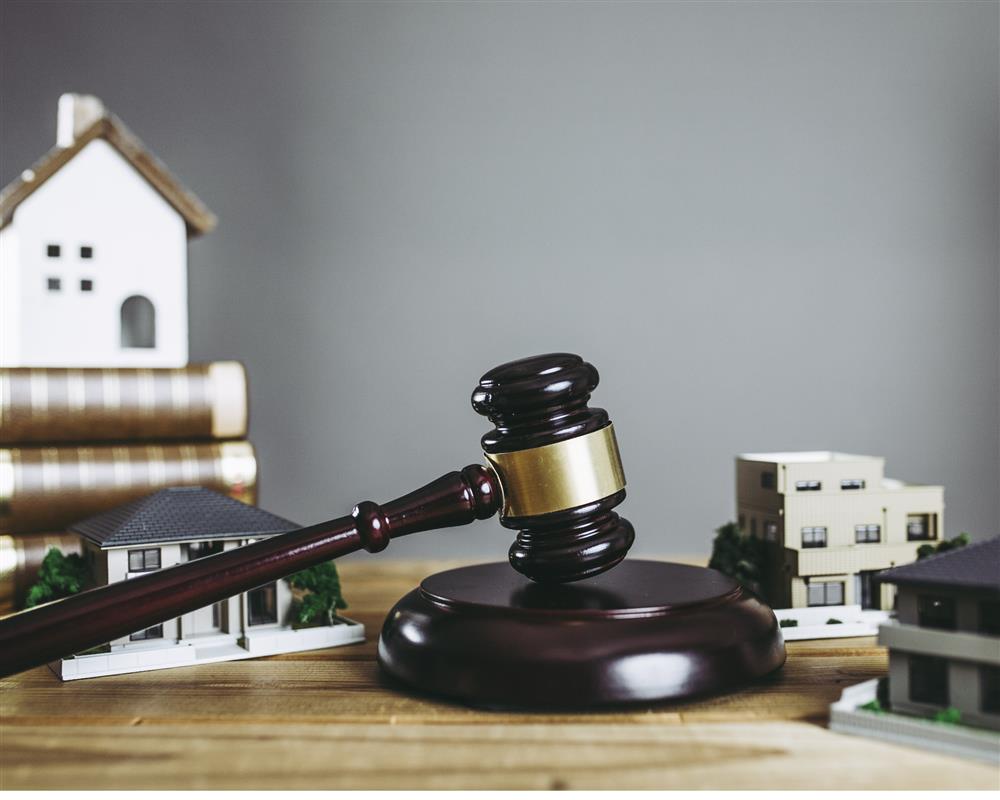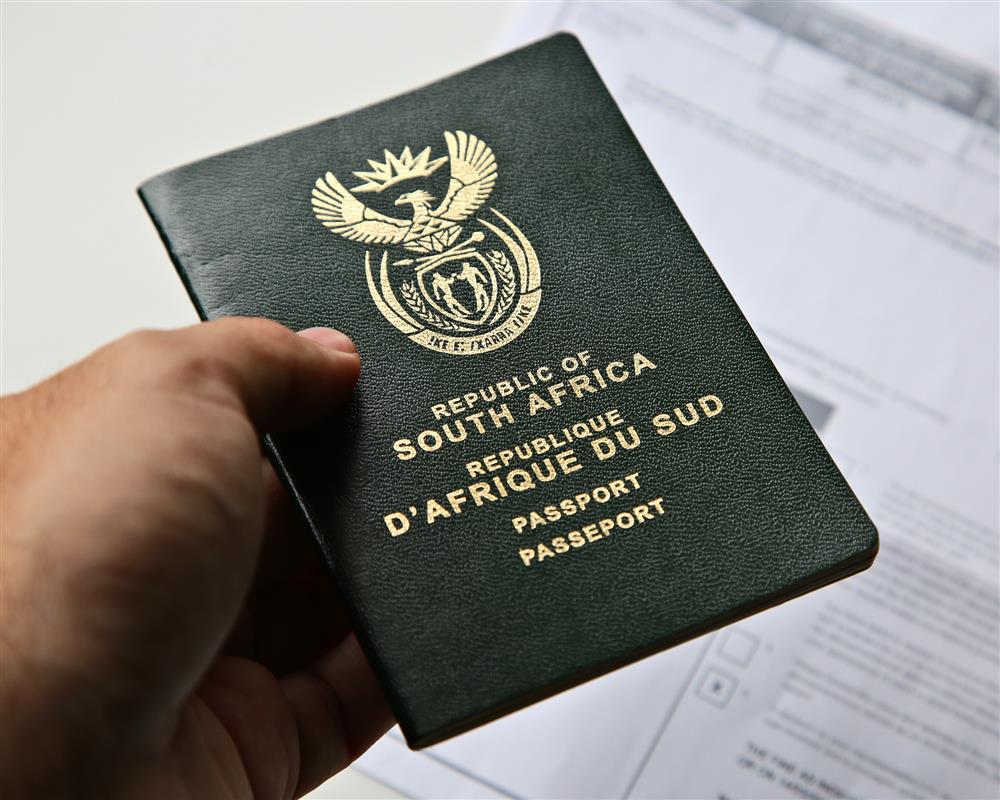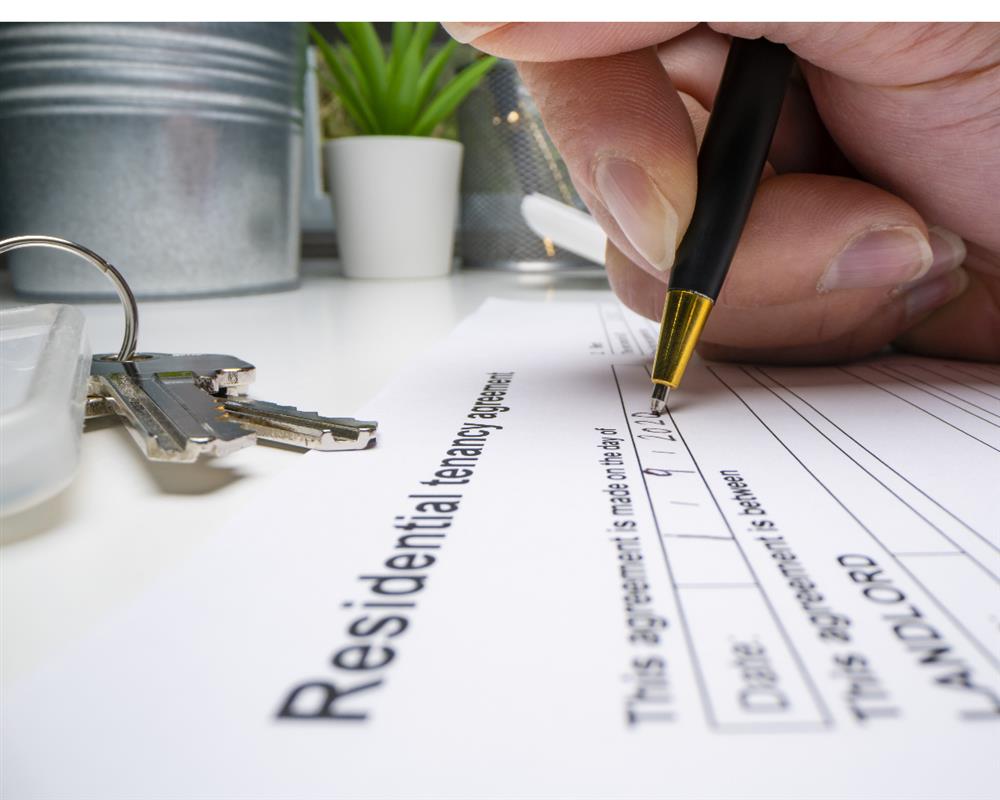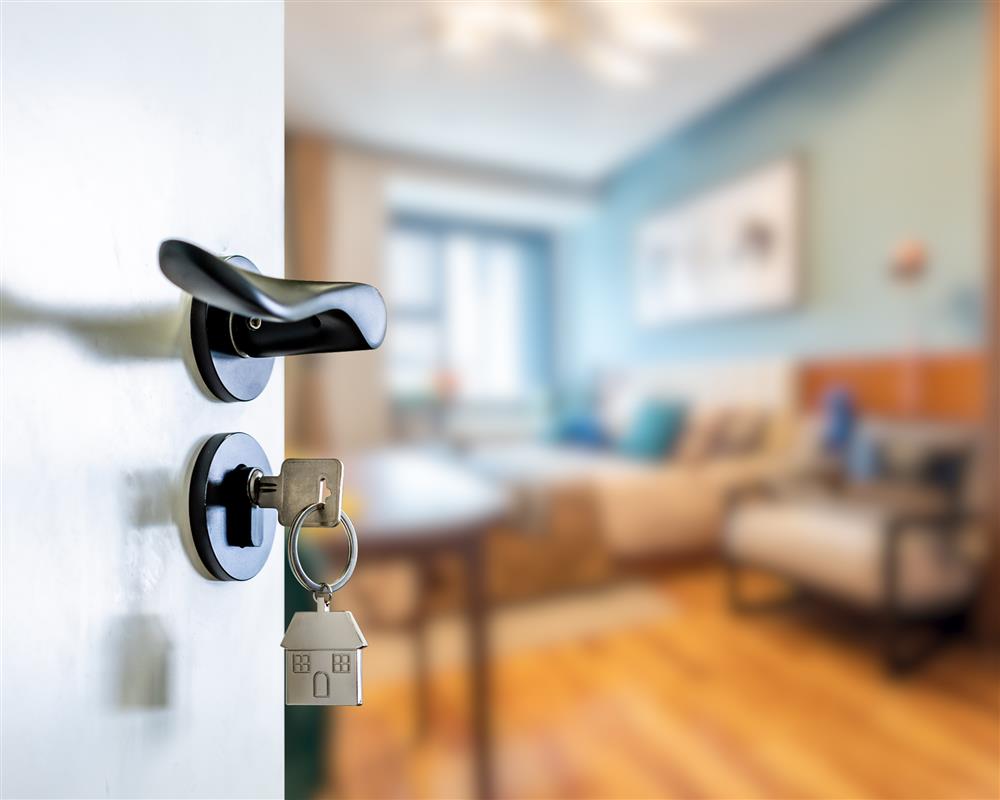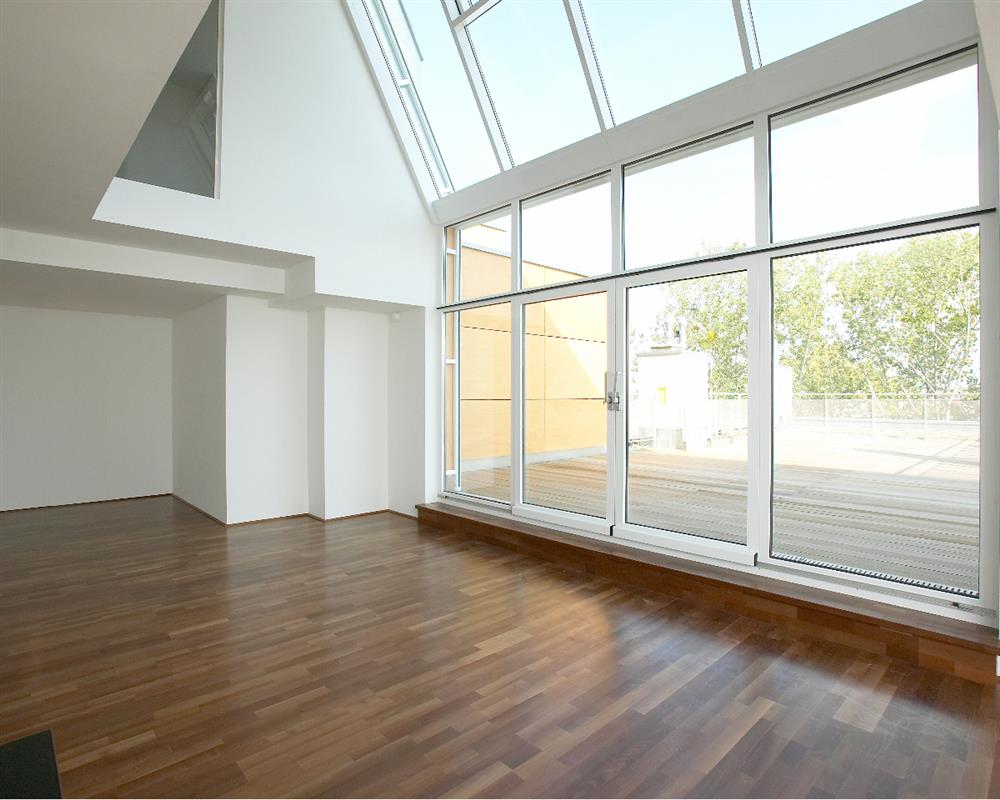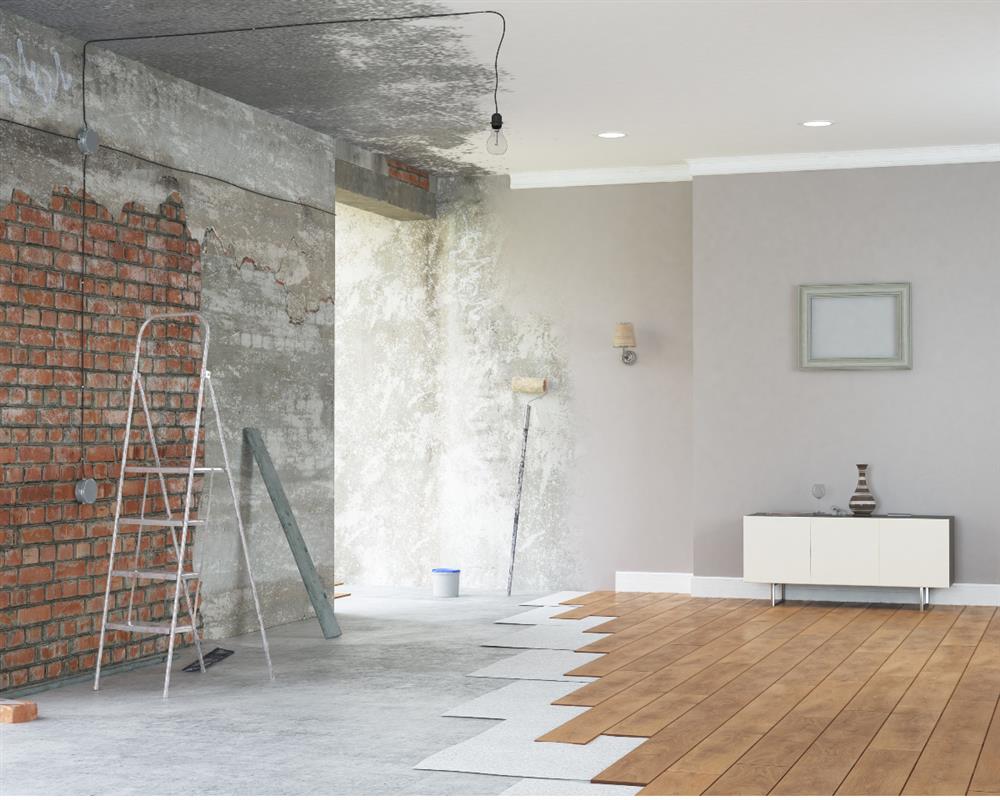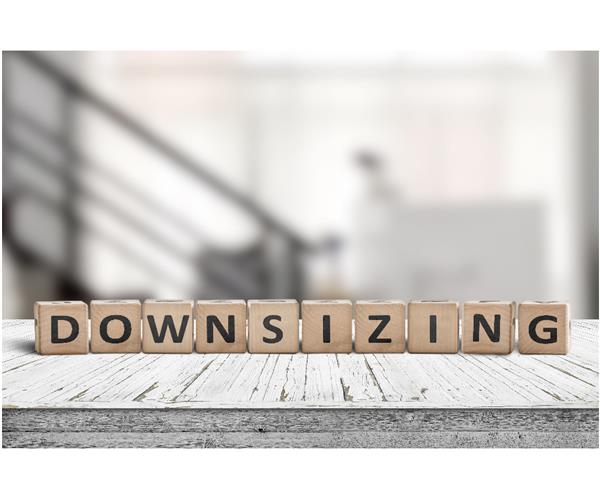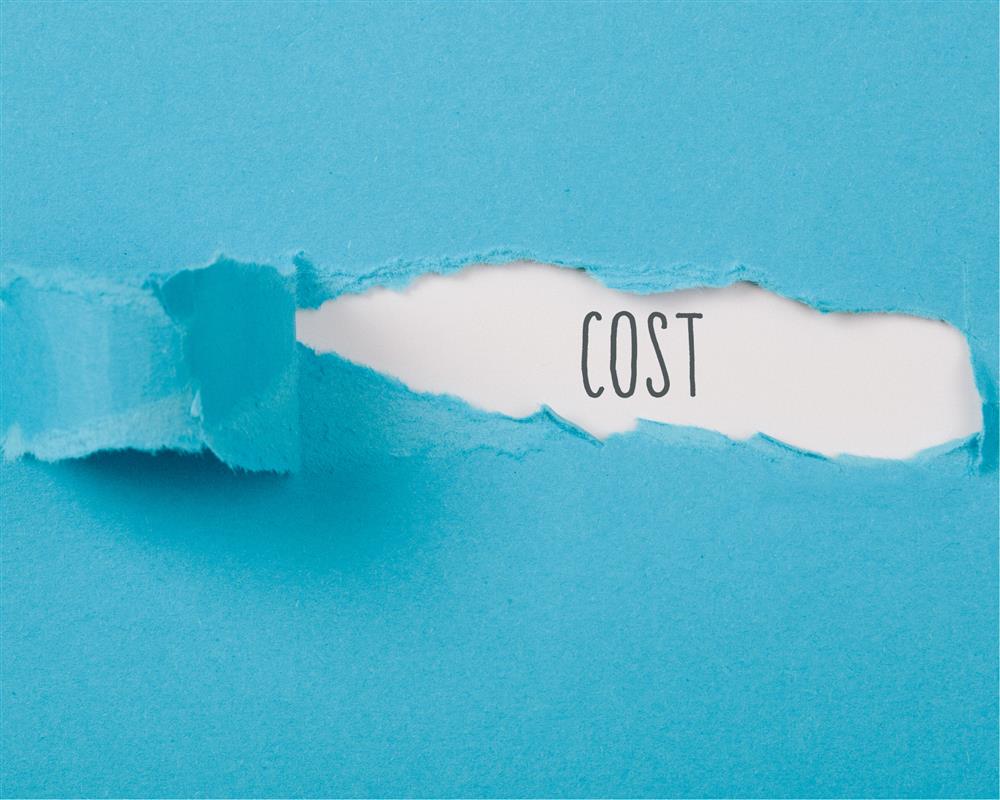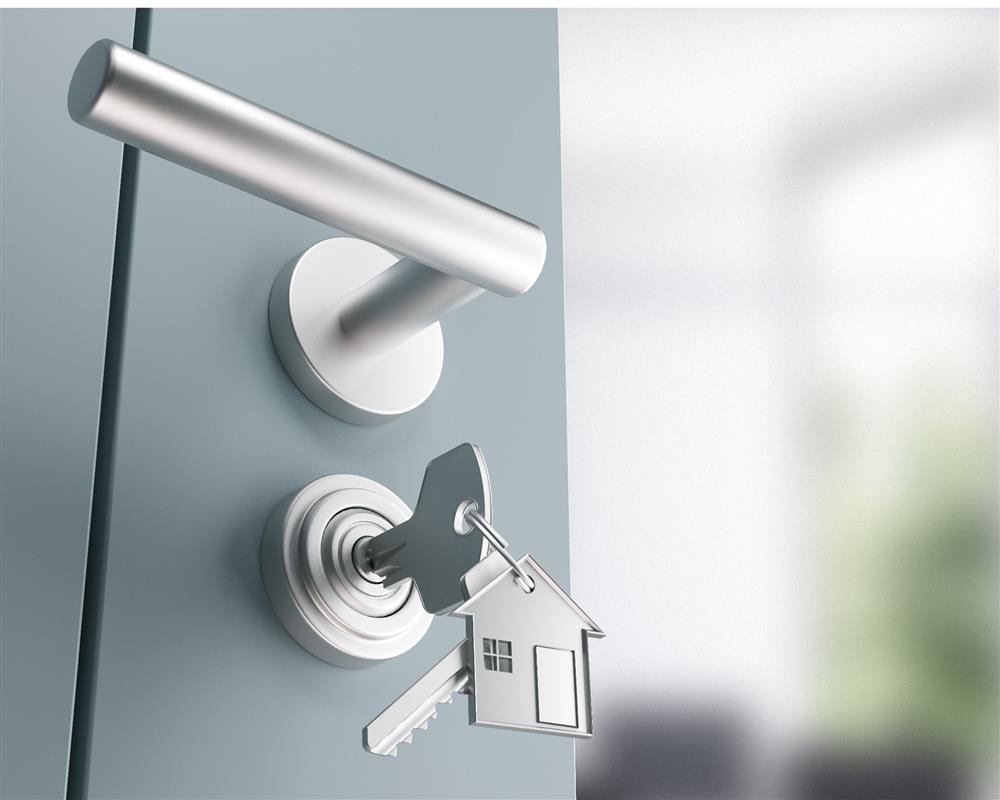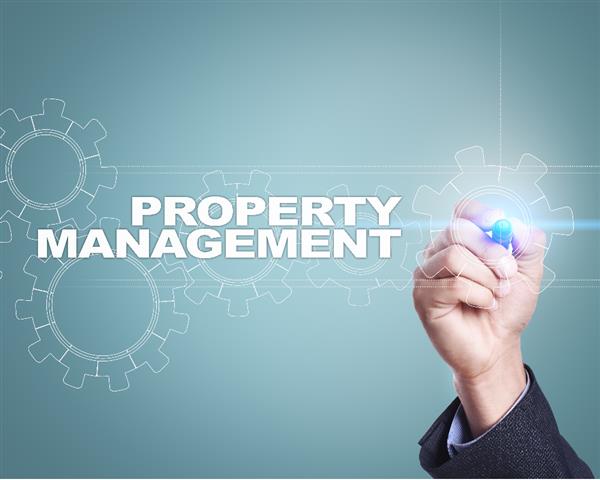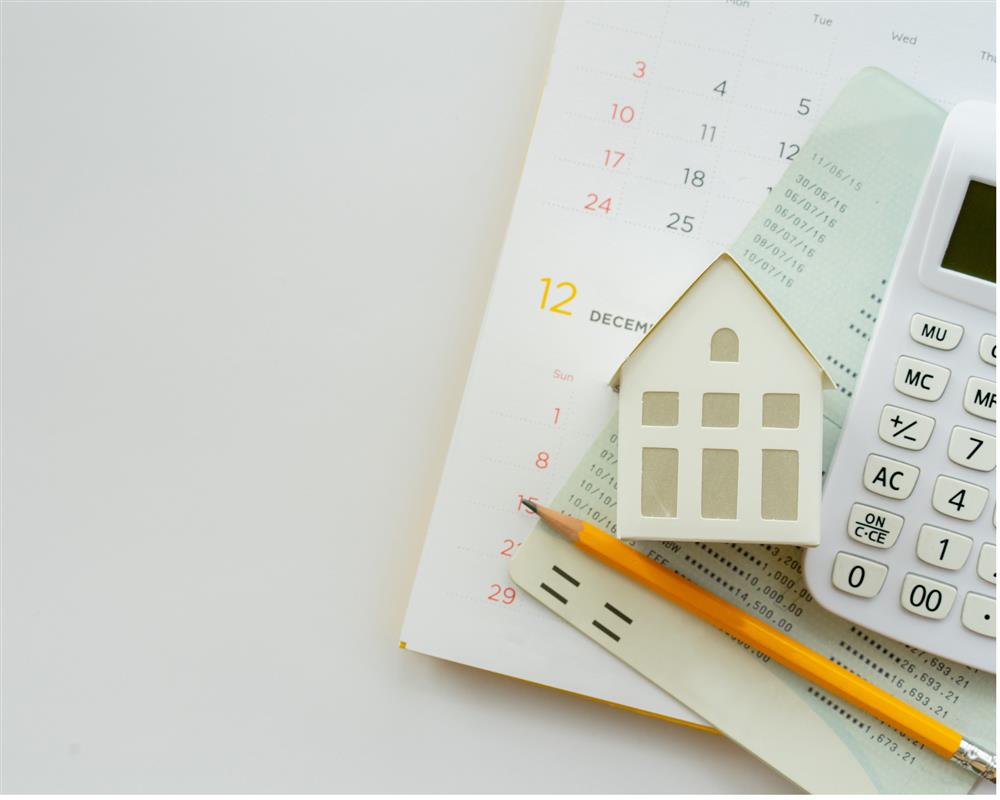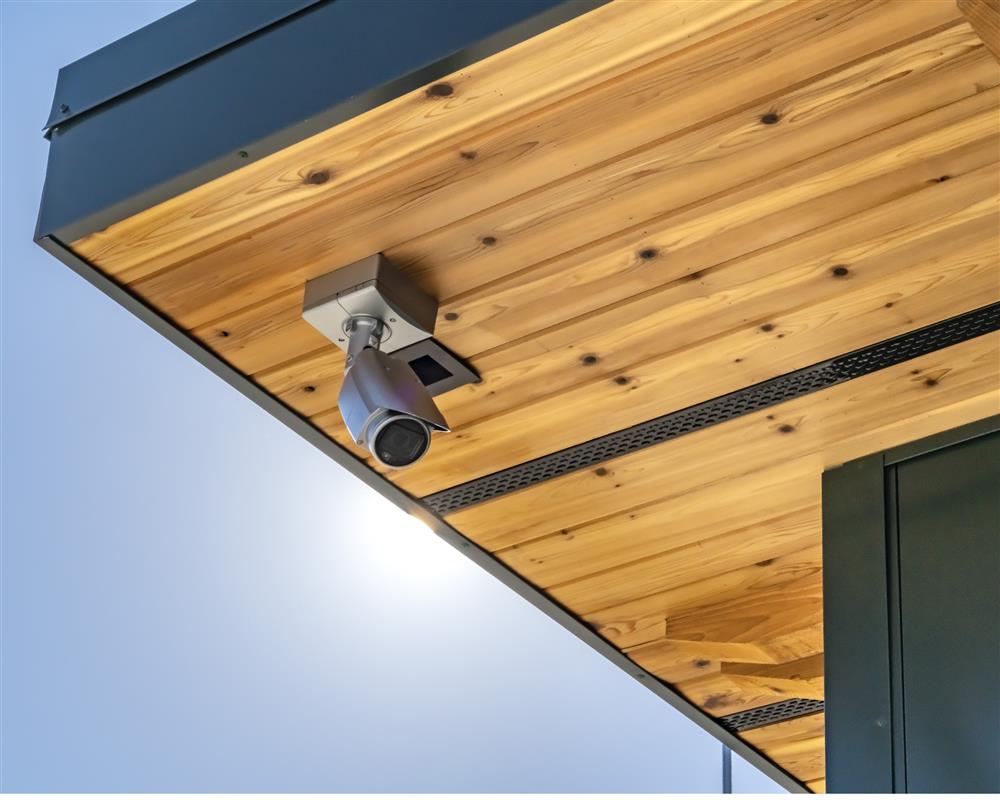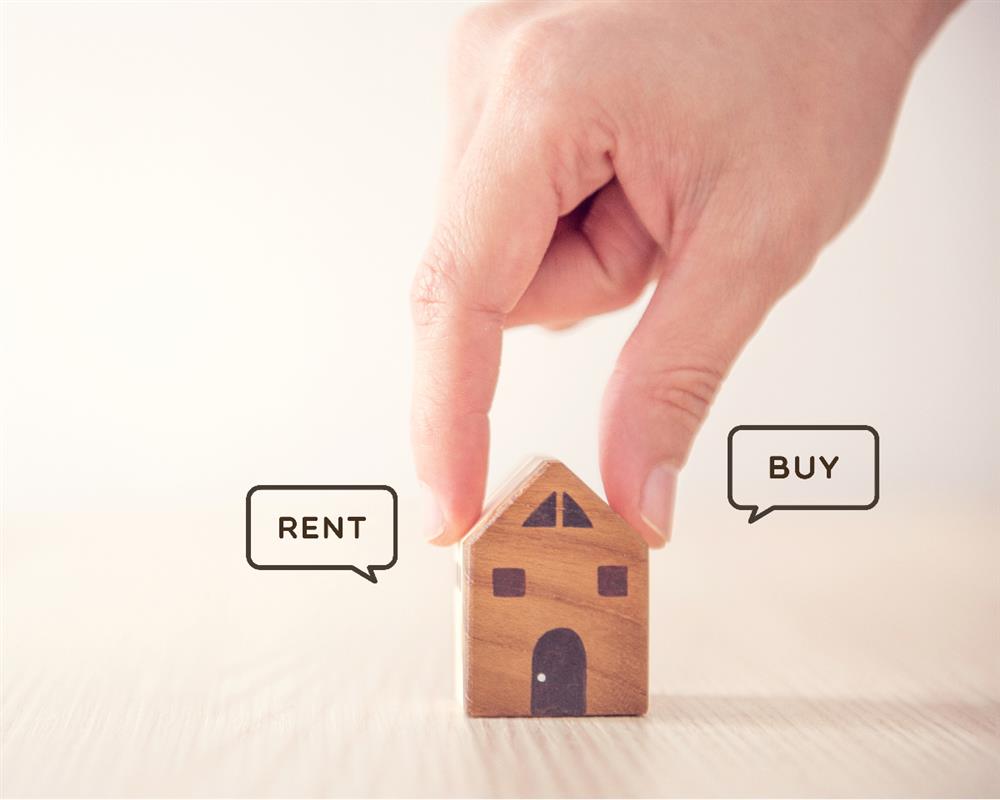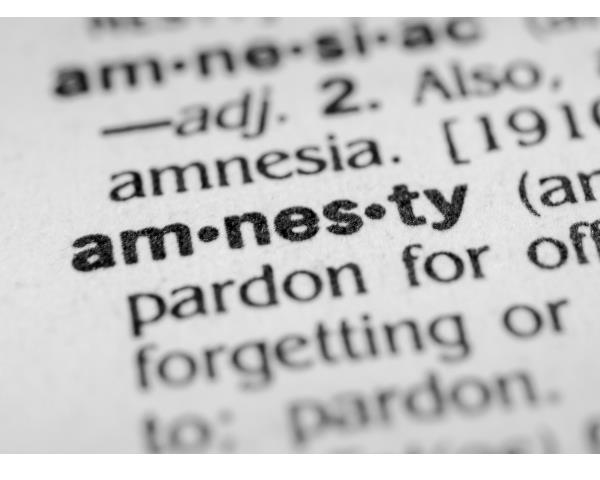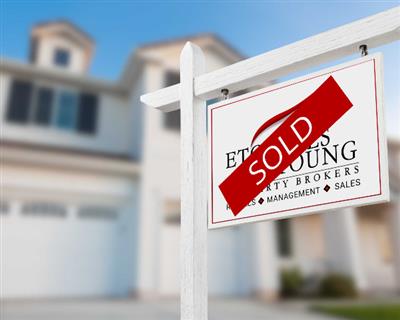
Main Objectives of the Rental Housing Act Amendment Bill:
One of the main objectives of the RHA Amendment Bill, published in the Government Gazette in November 2013, is to promote and facilitate a better relationship between the landlord and tenant by clearly and separately outlining the rights and obligations of both parties within the rental housing market. This is done in an attempt to further protect the landlord and tenant from illegal or unfair practises by the other party, and to ensure that the Act is easily understood and legally enforced. It is for this reason that the lease agreements are now required to be in writing, relating to the CPA, so as to avoid later disputes as to what was agreed upon by the landlord or tenant prior to occupation of the property.
This shouldn’t affect the vast majority of landlords or tenants, particularly those working with estate agents, as this is already a somewhat standard procedure. Those affected are landlords and tenants in the informal housing sector, namely townships. The Bill has placed the responsibility of providing a property that is safe, well-maintained and habitable squarely on the landlord’s shoulders.
It’s important to familiarise yourself with some of the more notable changes to the Act and how they affect you as the landlord or tenant.
In summary, the two most significant changes to the RHA are to the relationship between the landlord and tenant, and to the lease agreement itself - where certain definitions were substituted or inserted to better clarify each party’s responsibility, including that of the Government.
Unfair Practises:
-
The Amendment has taken up a strong position against the disconnection of water and lights, forceful removal of the tenant and changing of locks to keep a tenant out of the property; requiring an order from the court where all relevant reasons for eviction are considered and legally acted upon. Fines and imprisonment have been implemented as a deterrent to landlords who continue to evict tenants unlawfully or violate their rights in such a way.
It is mentionable that the landlord here refers to the owner of the property being leased, the rental agent contracted by the owner or person responsible for sub-letting it.
Tribunals & Rental Housing Information Offices:
-
Other changes to the Act require MEC’s to instate and strengthen the influence and authority of Rental Housing Tribunals in every province to competently attend to complaints brought forward by the landlord or tenant. The Tribunals will aid the Courts of Law in the implementation of appropriate discipline concerning offences. Ministers will also release a pro-forma lease agreement to be used as an example to landlords and tenants in which the minimum requirements according to the RHA will be laid out comprehensively.
-
Rental Housing Information Offices will be instituted in every municipality to advise both tenants and landlords on their rights and obligations according to the RHA in a clear and understandable way.
The Lease:
-
The landlord is required to produce a written lease agreement between himself and the tenant.
-
The description of the property being leased must be included, where the street address is now sufficient and the erf number need not be included.
-
All relevant information outlining the rights and responsibilities of both the landlord and the tenant must be stated in accordance with the Act and any other obligations agreed upon within the lease itself.
-
The lease is enforceable in a Tribunal or competent Court.
How this affects the Tenant within the lease period (4A):
-
The tenant may request a clear, written, dated receipt for all payments received by the landlord that describes the property, period of payment and how the funds are to be allocated.
-
The tenant may request a written proof of interest accrued.
-
On expiration of lease, the deposit and interest accrued must be paid within 7 days.
-
The tenant is expected to be present at a joint inspection with the landlord at a suitable time to both parties on the landlord’s request, to ascertain if there is any damage caused to the property.
-
The tenant’s right to privacy cannot be violated during the lease period. Should the landlord wish to inspect the property reasonable notice to the tenant must be given.
-
The landlord may not search the tenant, his possessions or property without first obtaining a ruling by the Tribunal or an order of the court.
-
The tenant is liable for the rental and other costs agreed upon in the lease.
-
The tenant may not sub-let the property without the landlord’s permission.
How this affects the Landlord within the lease period (4B):
-
The tenant’s deposit must be invested into an interest-bearing account, to be repaid to the tenant along with interest accrued at the expiration of the lease. In the case of an estate agent, the deposit must be invested in their trust, savings or interest-bearing account.
-
The tenant may request written proof of the interest accrued on his deposit.
-
Within 7 days of expiration of the lease agreement, if no amounts are owed to the landlord in terms of unpaid rent/lost keys/repairing of damage to property by tenant, landlord must refund the deposit and interest accrued to the tenant.
-
Within 14 days of restoration of the property, the balance of the deposit and interest accrued must be refunded to tenant where the tenant is liable, in terms of unpaid rent/lost keys/repairing of damage to property by tenant.
-
The tenant may request to inspect receipts indicating cost of restoration/replacement of keys etc.
-
On occupation and expiration of lease (vacate) the landlord and tenant must inspect the property to note any damage to the property and determine whether the landlord or tenant are liable to rectify said defects according to the lease.
-
The landlord retains all rights arising from a tenant’s breach in contract if the tenant vacates the property before the expiration of the lease in accordance with the Act.
-
The landlord may inspect the dwelling during the lease period but must respect the tenant’s right to privacy.
-
The landlord may expect prompt and regular payment of rent and other costs agreed upon in the lease.
-
The landlord may recover unpaid rent by obtaining a ruling by the Tribunal or court of law.
-
The landlord may terminate the lease on grounds that do not constitute unfair practise.
-
The landlord may claim compensation for damage to property by the tenant.
-
If the entry and exit inspection are not conducted, it is taken that the landlord has deemed the property in acceptable condition.
-
The landlord must provide and maintain a dwelling that is safe and appropriate for living in with adequate space, protection from the elements and health hazards, and is structurally stable.




























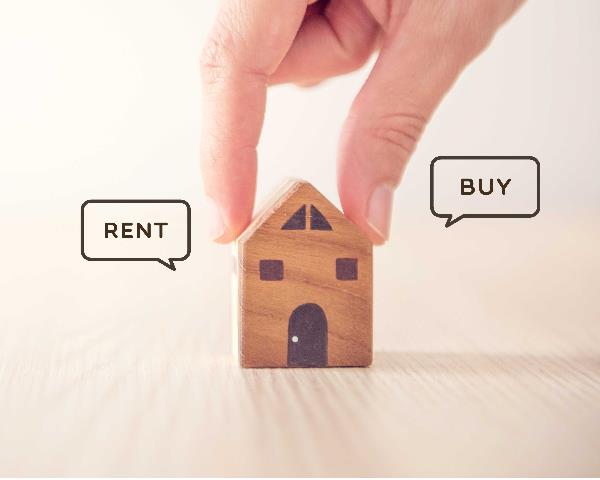
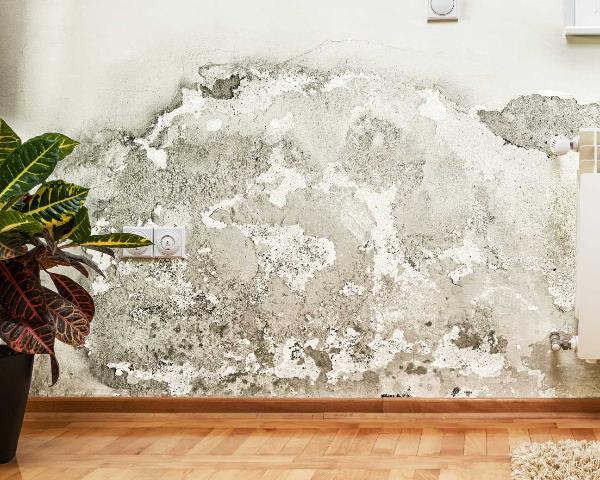




















![What is POPIA? [Part 1]](https://s3.entegral.net/news/Thumbnail_2021_10_18_11_53_39_403.jpeg)









